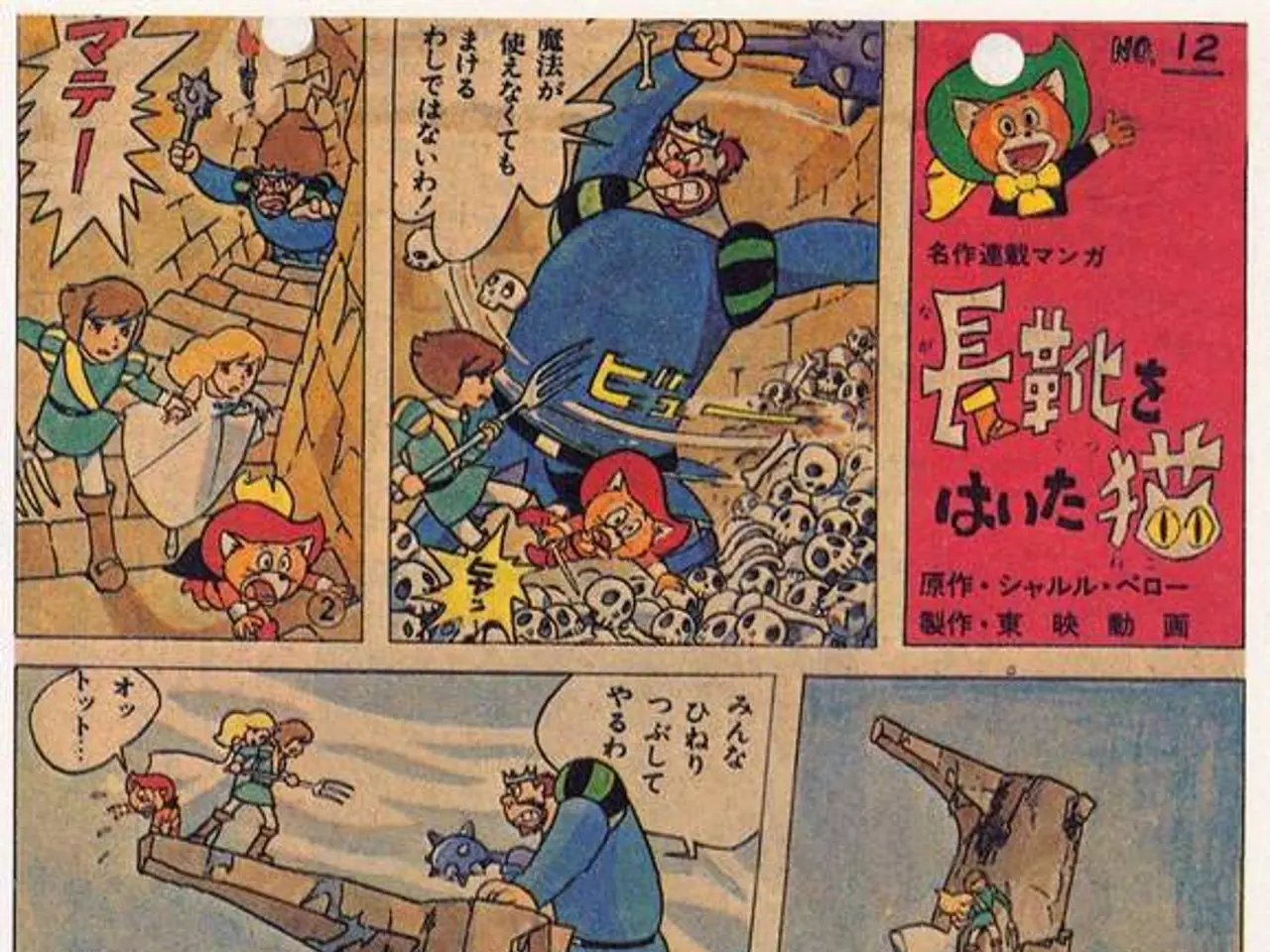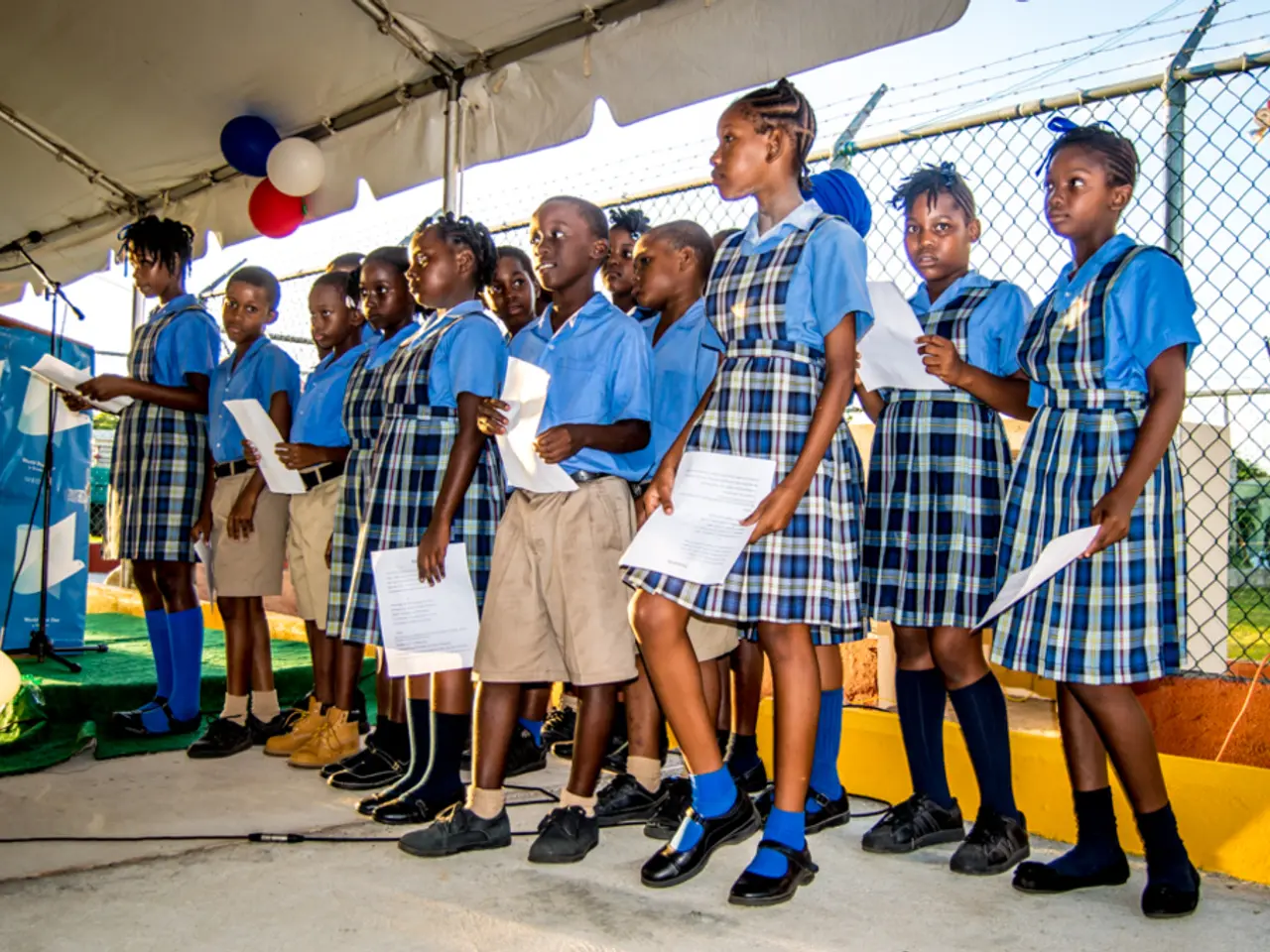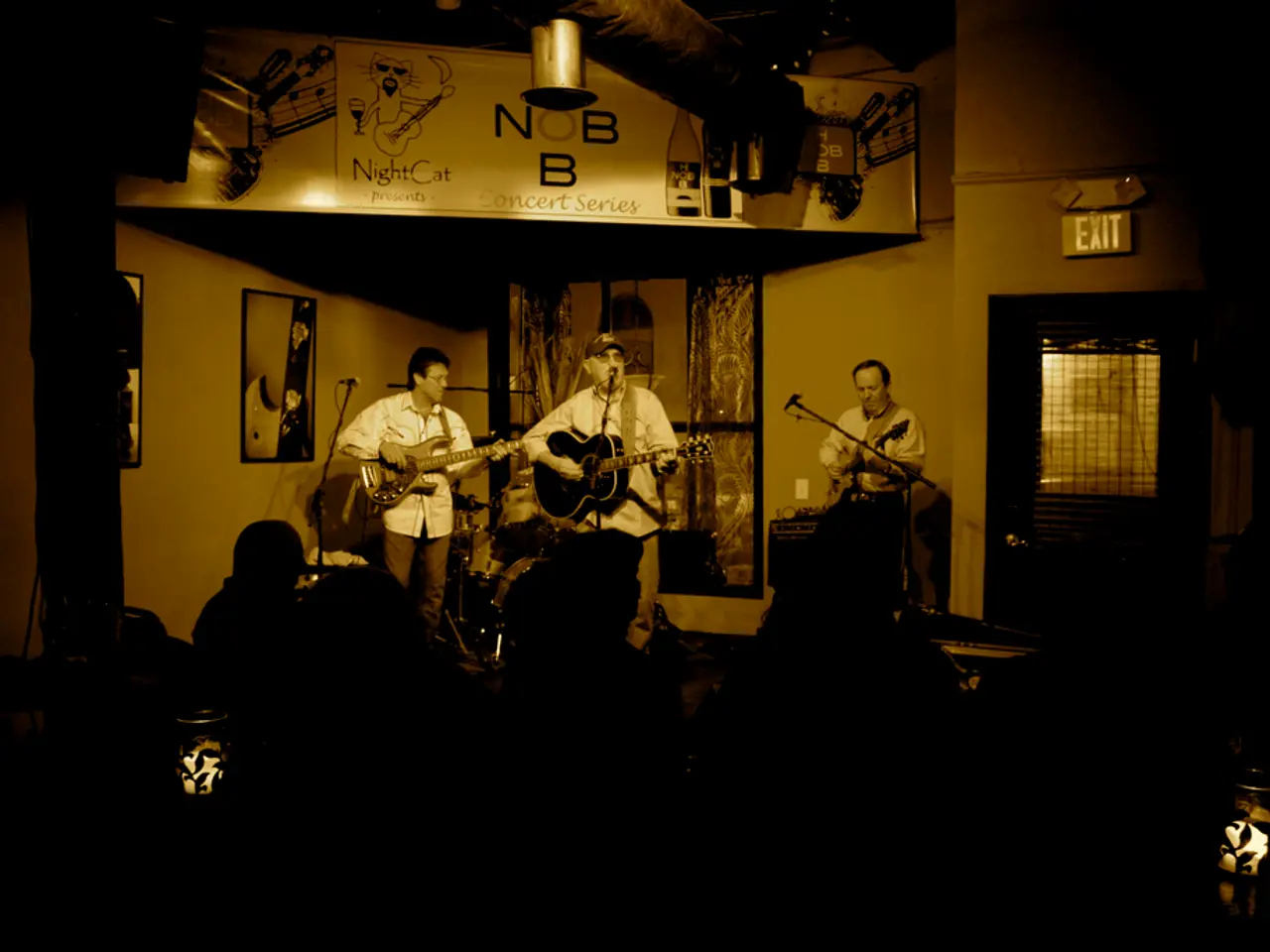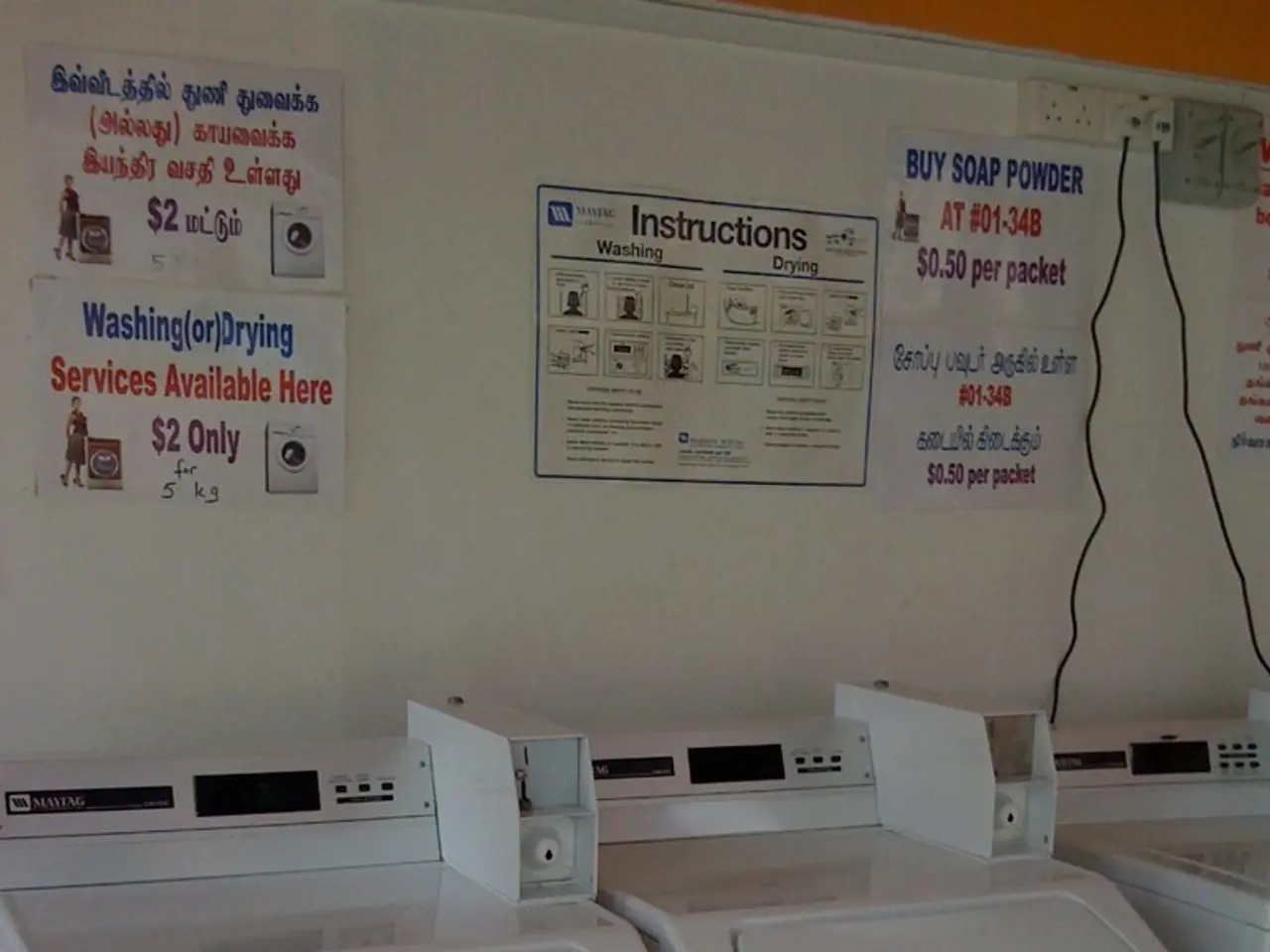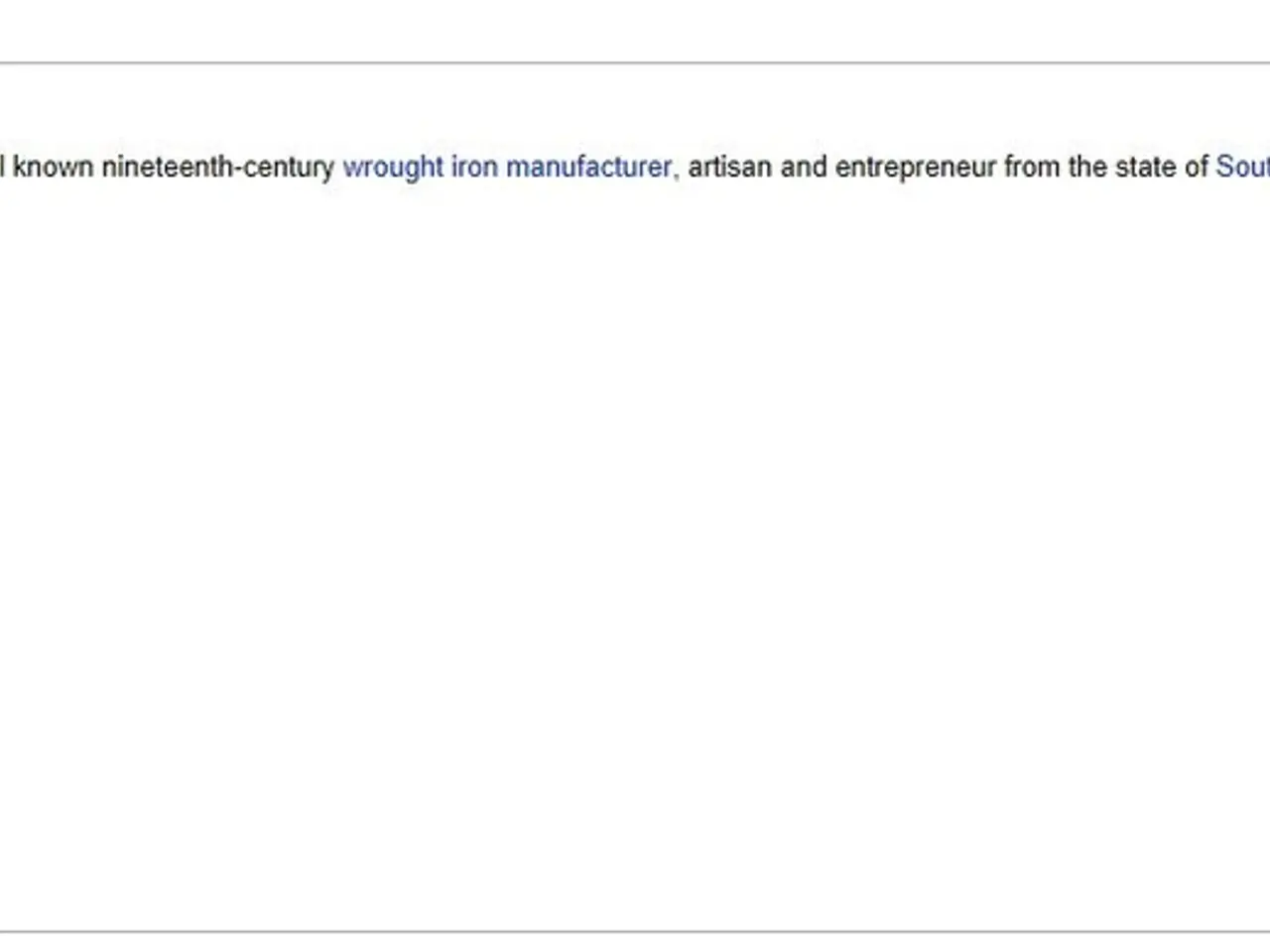"What's the deal with earning 360 points and not receiving compensation?"
In Belarus, the quest for higher education has become a source of frustration for many students. A case in point is a young girl on TikTok who scored an impressive 360 but was unable to secure a spot in a paid education program. This is just one of many stories highlighting the increasing difficulty in enrolling in universities in the country.
In 2025, the number of applicants to colleges in Belarus was almost one and a half times higher than the intake in universities, a clear indication of the growing demand for higher education. However, upon graduation, many Belarusian graduates find themselves in unattractive jobs with low pay, raising questions about the value of a degree in the country.
Andrei Lavrukhín, a sociologist and education specialist, believes that many teenagers are going to university because their parents decide, not out of a conscious purpose. He also notes that the higher education system in Belarus contributes to the immaturity of graduates, a reflection of the lingering Soviet notion of higher education as "elite."
The expert suggests that for those who did not get into universities, going to college or vocational school to learn a trade is a good option. This is a model that is already proving successful in countries like Germany, where vocational training provides a clear, quick, and beneficial path to a profession and the job market.
The Minister of Education Andrei Ivanets attributes this shift in focus to the growing demand for skilled workers and the increasing need for vocational and technical education. The average scores for admission are rising, and paid education no longer guarantees admission for some specialties.
However, the challenges in enrollment are not just internal. External factors such as visa restrictions, shifting government policies, and global political tensions impact international admissions broadly, including Belarus. Universities that do not engage admitted students consistently or rely on reactive scholarship offers risk losing prospective students to competitors.
Despite these challenges, there is a growing recognition of the need for change. The expert also suggests taking a year off from education to try working and figure out what one wants. This, coupled with the promotion of alternatives to universities, such as vocational schools or colleges, could provide a more accessible and effective pathway to a fulfilling career for many in Belarus.
In the meantime, stories like the young girl on TikTok serve as a reminder of the need for reform in the higher education system in Belarus. The reality of being a degree holder and unemployed is not registered in Belarus, and it's high time this changed.
Education and self-development in Belarus are currently facing significant issues, with the number of applicants to colleges nearly doubling the intake in universities in 2025. This surge in demand highlights the growing need for higher education, but raises questions about the value of a degree, as many graduates find themselves in unattractive jobs with low pay. General news regarding the education system in Belarus suggests a need for change, with experts advocating for vocational schools or colleges as a viable alternative and encouraging a year off from education to gain work experience.
